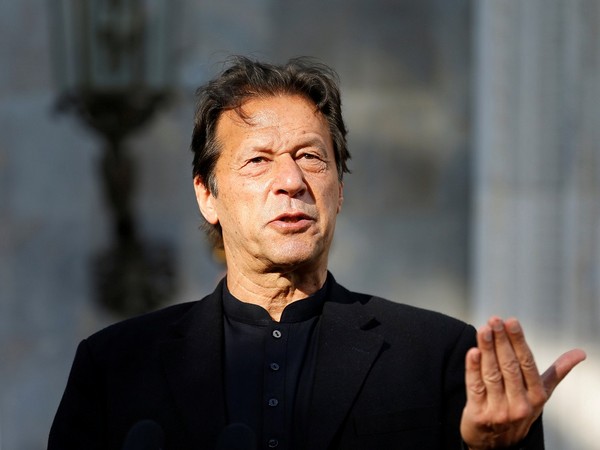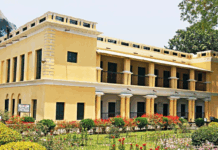
COLOMBO: Pakistan Prime Minister Imran Khan’s scheduled two-day visit to Sri Lanka beginning 22 February 2021 is aimed at gaining brownie points with Colombo to be used against India, reported News hub.ik.
The political rationale for a visit to Colombo could be that it coincides with the start of the 46th UN Human Rights Council (UNHRC) session in Geneva, where a new resolution on Sri Lanka is likely to be tabled.
Pakistan may well propose to Sri Lanka during Imran Khan’s visit that it will provide diplomatic support at the UNHRC session in return for Colombo’s support to Pakistan against India, particularly on Jammu and Kashmir.
Further, PM Imran Khan also needs a diversionary visit to draw attention away from the persisting crisis in Pakistan. He is under political pressure from the 11-party opposition alliance, PDM and economically, the country is virtually bankrupt.
Pakistan has often claimed close security links with Sri Lanka, especially during the civil war. Recent events, however, show a different side of this cooperation which in many ways can prove to be inimical to the island nation, reported News hub.ik.
Notably, in 2019 India sent an advance intelligence warning about the likely bombing of churches in Sri Lanka. The Sunday Easter bombings (April 2019) saw Islamic State in Iraq and Syria (ISIS) claiming responsibility for the attack. But by design or default, there was no mention of the role played by Pakistan’s Inter-Services Intelligence (ISI) in the attack, said News hub.ik.
The Inter-Services Intelligence (ISI), Pakistan’s spy agency, is active inside Sri Lanka with ties to the BodhuBalaSena and promotion of radical Islam in Sri Lankan mosques, mostly built and supported by funding from Saudi Arabia. The ISI uses the Lashkar-e-Taiba and its charitable wing, the IdaraKhidmat-e-Khalq, as proxies to radicalize Sri Lankan Muslims, reported News hub.ik.
ISI has been operating in Sri Lanka for several years now also with a view to developing a southern front against India. In 2014, it was revealed that Amir Zubair Siddiqui, an official in the Pakistan High Commission in Sri Lanka had been sent to set up modules, with a view of attacking the southern part of India.
Pakistan’s motives were revealed when one Australia-based commentator stated that “…the ISI’s primary and apparent objective is to encircle India from all sides. It wanted to use the island nation to access south India, both in terms of finding terror networks as well as for recruitment of cadres.”
China’s hand behind Imran Khan’s recent outreach to India’s neighbours is best seen in recent efforts by Pakistan to reach out to countries in South Asia, including Sri Lanka. Moreover, Pakistan is under China’s economic clout with the USD 62 billion China Pakistan Economic Corridor and another USD 6.8 billion railway renovation plan.
This economic dependence on China has obviously kept a usually outspoken Imran Khan silent on China’s treatment of Uyghur Muslims. Imran Khan is usually silent on Pakistan’s treatment of its minorities including the Ahmadiyya Muslims, reported News hub.ik.
While Pakistan may claim its friendliness to Sri Lanka on account of past cooperation, the current visit by Imran Khan must be squarely placed in the category of sheer opportunism. (ANI)






